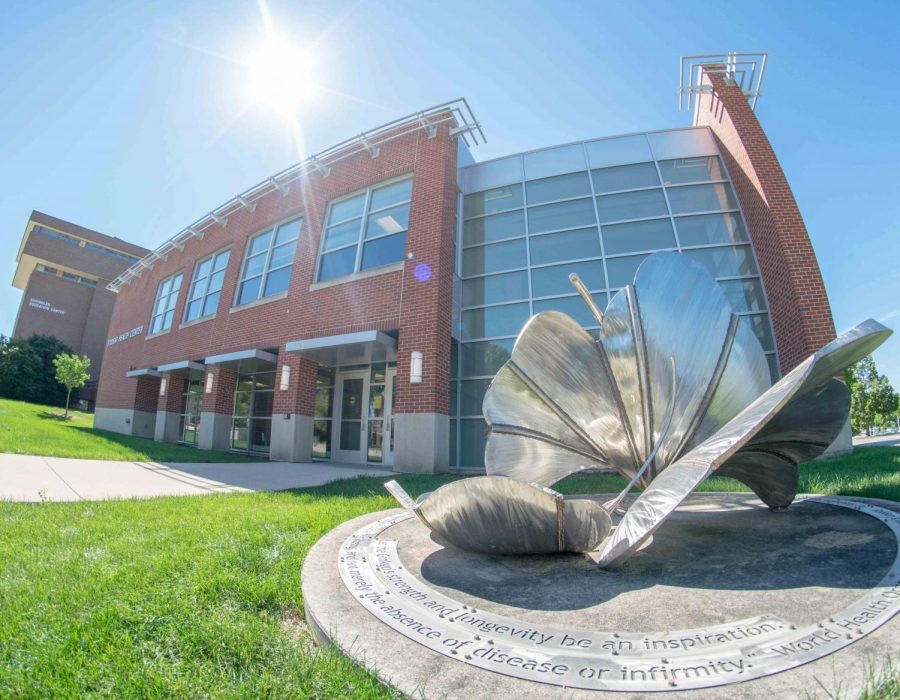Wellness Wednesday hopes to bring change
Nov 2, 2017
According to the American College Health Association National College Health Assessment II, stress is the number-one factor that negatively impacts academic performance. Nearly 25 percent of 1,274 participants from UNI reported that stress impacted their “individual academic performance.”
For the purpose of this study, that meant receiving a lower grade on an exam, an important project or course. It also included receiving an incomplete in a course, dropping a course or receiving a disruption in thesis, dissertation or practicum work. The study is held every other year.
Student Wellness Services have taken these results into consideration and created the “Coping with Stress” session at the Student Health Center to help students define and deal with stress.
“It’s an interactive session that will help students with identifying the causes and symptoms of stress,” said Joan Thompson, who is a health promotion coordinator for Student Wellness. “Participants will become aware of a variety of coping strategies that may be helpful in reducing their stress, and we’ll give them the opportunity to practice some breathing exercises and some self-soothing exercises.”
The first Coping with Stress session was held yesterday, Nov. 1, at 2 p.m. Coping with Stress will be repeated on the first Wednesday of every month.
This is the first session of the series “Wellness Wednesdays.” Wellness Wednesdays consists of five weeks of themed sessions that will be scheduled every month. When a month contains a holiday or break (such as Thanksgiving), that week will be skipped.
The second Wellness Wednesday will focus on developing quality sleeping habits, as sleep was reported as the second most common factor (behind anxiety) negatively impacting academic performance. The third Wellness Wednesday, titled “Facts on Tap,” is about alcohol education. Week four will feature tips on sexual health. For months that have a fifth Wednesday, the final Wellness Wednesday will be all about healthy relationships.
All of these sessions are free and can be taken without in-advance registration. Each should run 45 to 60 minutes each. Primarily, the sessions will be presented by graduate assistants, but sometimes professional staff from Wellness Services will also help.
“It’s one of our efforts,” Thompson said. “We do other things — give tips and tricks on social media, our website and Facebook.”
For those who can’t make these 2 to 3 p.m. timeslots, the Student Wellness offers “Food, Sex, Alcohol and More.” According to Thompson, these are programs that are available upon request for presentation to a student organization. Topics include Intuitive Eating, Body Image, Dimensions of Wellness, Quality of Life and Goal Setting, among others. Some of the Wellness Wednesdays topics like Coping with Stress are also available. Complete program descriptions and a program request form can be found on the Student Wellness website.
“If any of the counsellors or the doctors or RAs want to refer their students or their patients to a workshop that might be helpful to them, they can have some choices to go to,” Thompson said.








